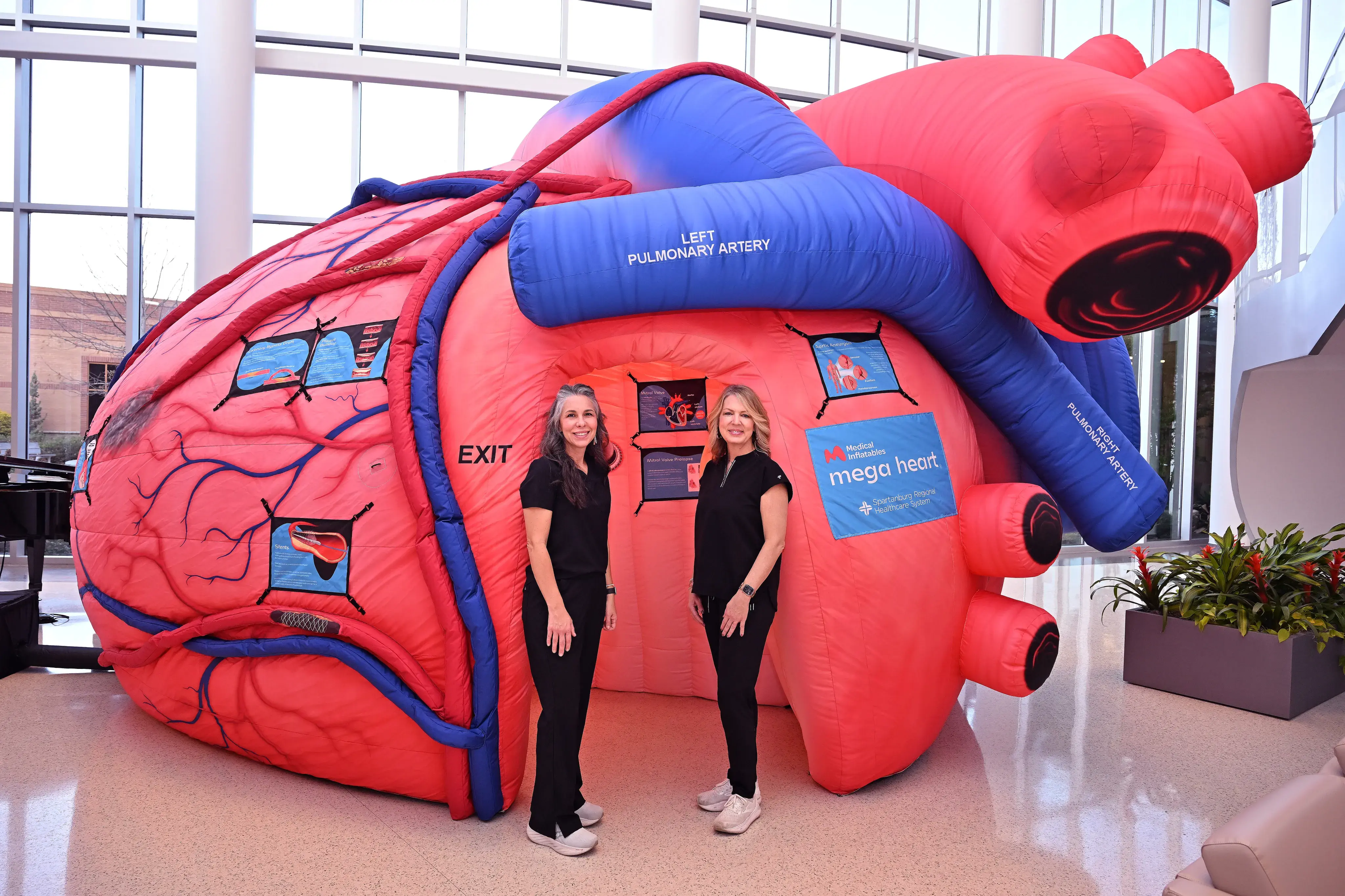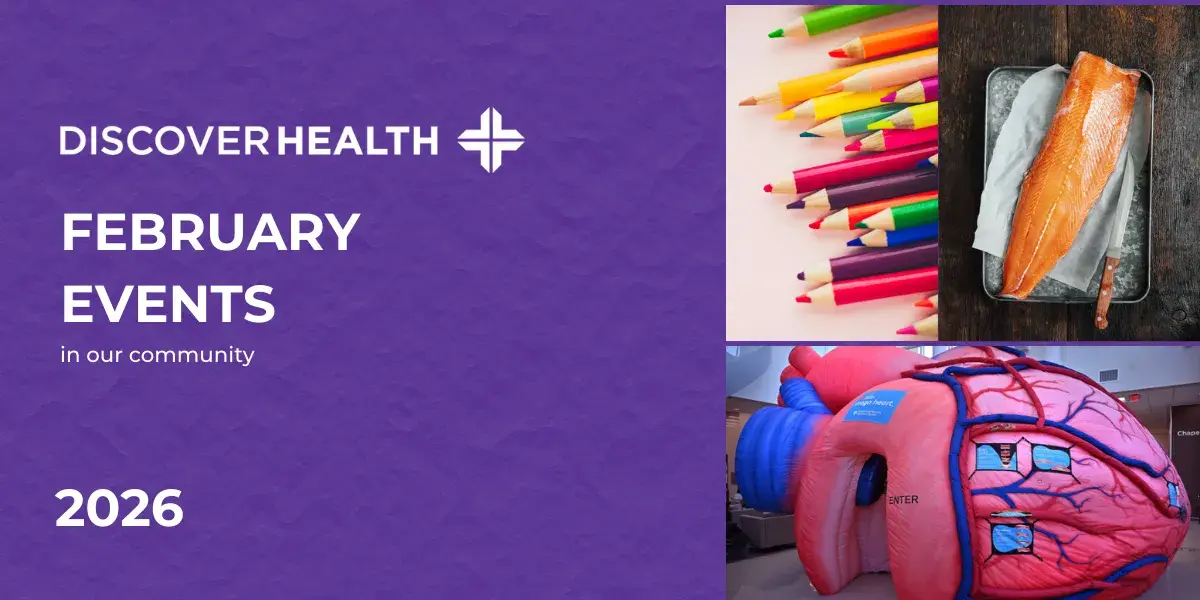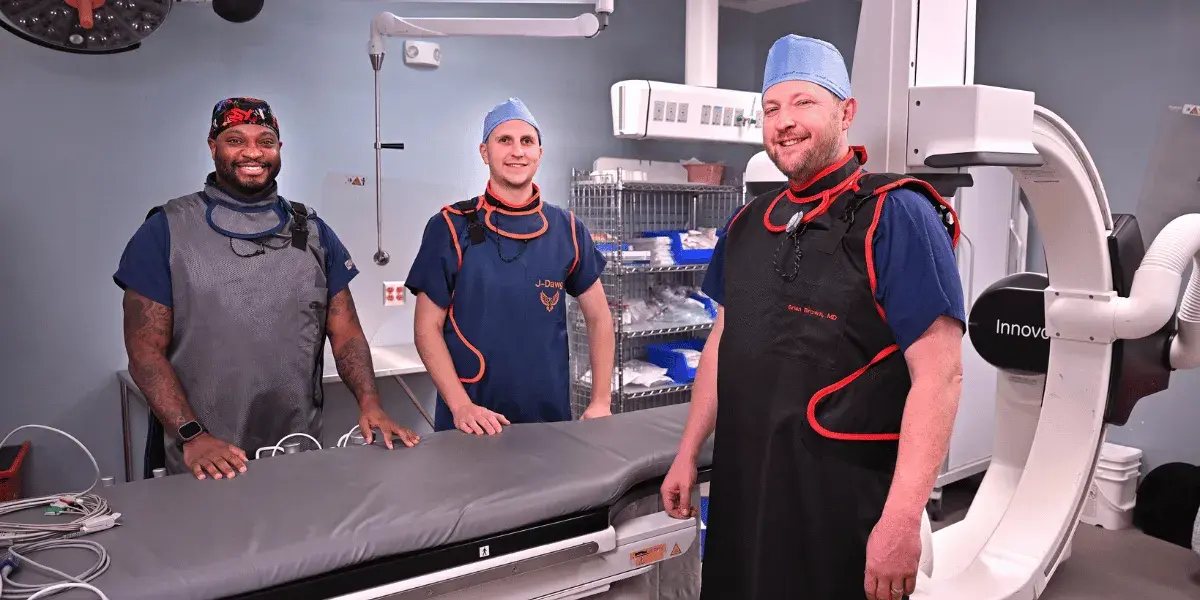
Avoiding heat-related emergencies
With temperatures climbing above 90 degrees this summer, we always see a rise in heat-related emergencies. We want you to be safe.
Heat emergencies directly cause about 700 deaths per year in the U.S. And since heat emergencies are mostly preventable, these are tragic cases.
These emergencies affect those who spend a moderate amount of time outdoors, older folks, young children, people with significant underlying medical conditions and pets.
Follow these tips to keep yourself and loved ones safe:
- Never leave children or pets in a car unattended. It takes only a few short minutes for the temperature in a closed vehicle to reach dangerously high levels.
- Avoid overexertion or exercise during high heat conditions. Every year, we hear of a young athlete collapsing during training or competition.
- If you are going to be outside, wear a broad rim hat, sunscreen and long-sleeved shirts to cover your skin.
- Seek shade, air-conditioned areas or fans to help stay cool.
- Drink water regularly to stay hydrated and take breaks to avoid overexertion. Caffeinated drinks or alcohol can worsen dehydration, so stick with water or electrolyte drinks.
- Stay away from high-intensity activities as much as possible and avoid being outside during the hottest parts of the day.
- Check on your vulnerable neighbors from time to time.
The bottom line is be aware of what your body is telling you.
Heat rashes and cramps are early signs of heat illness. These can be followed by heat exhaustion with weakness, nausea, vomiting and headache. If this is happening to you or someone else, immediately seek a cool area, stop activities and slowly start to rehydrate with water.
In severe cases, heat stroke can occur. This is a medical emergency. If you notice someone who seems confused, isn’t sweating, has flushed red skin, a rapid heartbeat or rapid breathing, or a severe headache, call 911 immediately and try to seek a covered, cool area to wait for EMS to arrive.
Heat-related illnesses account for more environmental emergencies than all others combined. Being thoughtful about prevention will keep you safe.
Dr. Chris Lombardozzi is the chief medical officer of quality for Spartanburg Regional Healthcare System.












